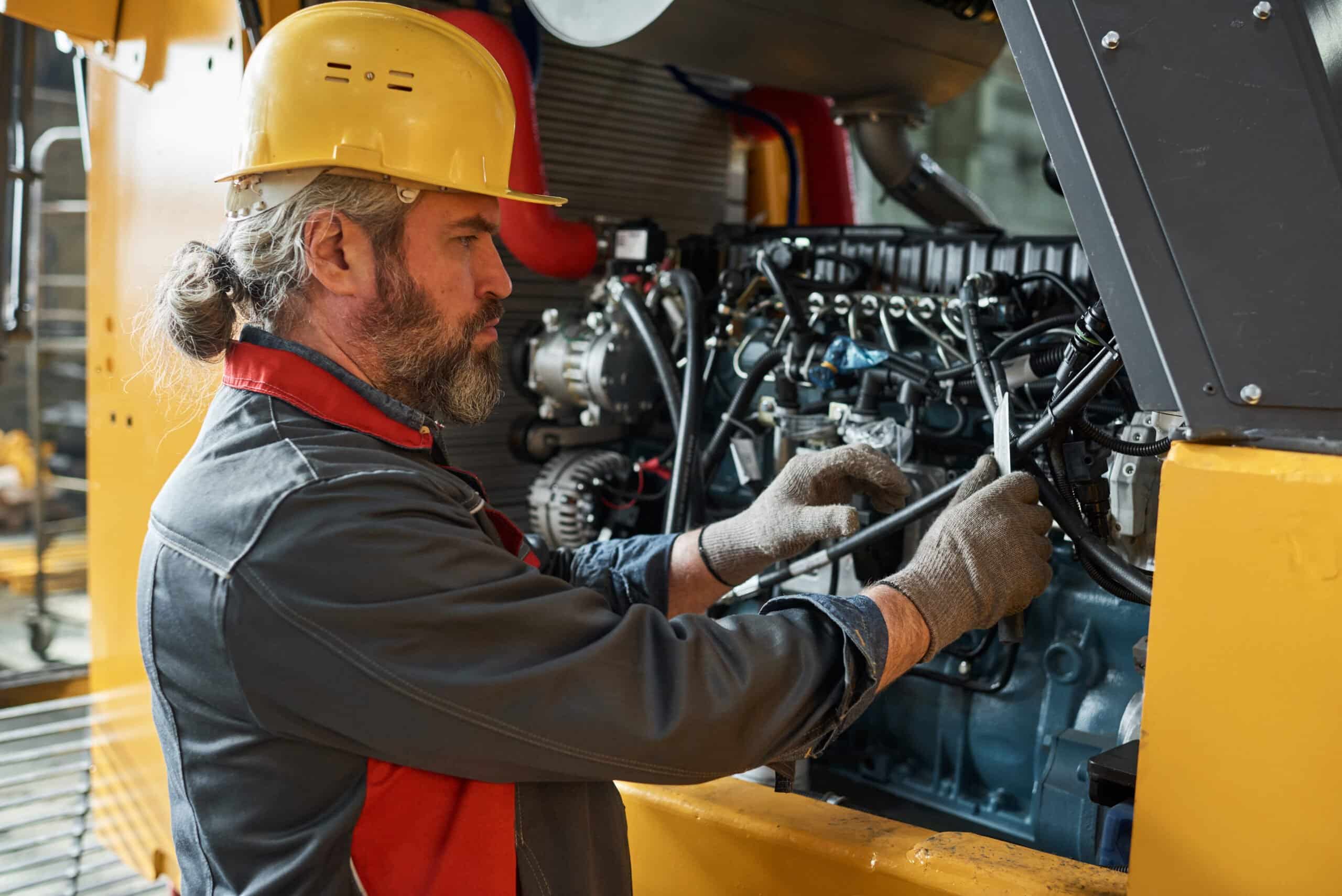Farmers rely heavily on their machinery, including equipment powered by JCB engines, to ensure smooth and efficient operations for tasks such as ploughing, harvesting, and cultivating. Any issue with the engine can result in frustrating downtime for your equipment, which may cause delays in your agricultural processes and ultimately affect your productivity. Thus, knowing how to troubleshoot JCB engine issues effectively can help mitigate problems before they escalate.
In this informative guide, we will explore the essential steps and techniques in JCB engine troubleshooting, providing valuable tips to help farmers handle common engine issues efficiently and maintain smooth machinery operations. By partnering with Timik Agricultural Ltd, a specialist in the supply of Ford and Perkins remanufactured full and short engines, and quality spares for all makes of tractors and equipment, you can be confident that your machinery is backed by expert knowledge and a wealth of experience.
Effective JCB Engine Troubleshooting Techniques
1. Identifying Common Symptoms and Causes
The first step in troubleshooting JCB engine issues is identifying the symptoms and understanding the possible causes. Familiarising yourself with common symptoms can help you diagnose potential problems more efficiently, saving you valuable time and resources. Some common symptoms include poor engine performance, excessive smoke emission, overheating, and irregular engine noise. By understanding the correlation between symptoms and their potential causes, you can determine the appropriate course of action to resolve the issue.
2. Regularly Inspecting Essential Components
Preventive maintenance is one of the most critical aspects of avoiding engine problems. Regularly inspecting essential JCB engine components like fuel filters, air filters, and belts can help to identify any signs of wear, corrosion, or damage. Timely detection of these issues allows for swift replacement or repair, ensuring minimal impact on your agricultural operations and prolonging the life of your engine.
3. Performing Routine Maintenance
Carrying out routine maintenance tasks, such as oil and filter changes, coolant checks, and belt inspections, not only maintains the optimal performance of your JCB engine but also helps in early detection of potential issues. These tasks allow for prompt corrective action, which can prevent major problems and costly repairs in the long run. Following the manufacturer’s guidelines for maintenance intervals and procedures is vital to ensuring the reliability and longevity of your engine.
4. Utilising Diagnostic Equipment and Tools
Modern JCB engines come equipped with advanced diagnostic systems that can provide valuable insight into potential issues. Using appropriate diagnostic equipment and tools, you can retrieve and interpret vital information from your engine’s on-board computer and other sensors. This information can guide your troubleshooting efforts and help you resolve problems more effectively, keeping your machinery fully operational and reducing downtime.
A Guide to Common JCB Engine Issues and Solutions
1. Poor Engine Performance
If your JCB engine is suffering from decreased performance, such as reduced power or acceleration, the issue may lie in the fuel, ignition, or air induction systems. Common solutions include cleaning or replacing air filters and checking the fuel injectors for blockage or damage. In some cases, poor engine performance may also be due to issues with the exhaust system, necessitating the examination of the exhaust system.
2. Excessive Smoke Emission
Excessive smoke emission from the exhaust can be a sign of various engine issues, ranging from minor to severe. Blue smoke may indicate burning oil, often caused by engine wear or damaged valve seals, requiring further inspection and repair. Black smoke can signal a fuel-rich mixture, possibly due to faulty injectors, oxygen sensors, or air filters – all of which may need cleaning or replacement. Finally, white smoke might suggest coolant entering the combustion chamber, which could point to a damaged head gasket or cracked cylinder head. It is essential to address these issues promptly to prevent extensive damage to the engine.
3. Overheating
JCB engine overheating can be caused by a range of factors, such as a malfunctioning thermostat, clogged radiator, leaking coolant, or a faulty water pump. Identifying the root cause of overheating and promptly resolving the issue can protect your engine from severe damage. In some cases, overheating may be due to external factors, such as operating heavy machinery on steep inclines or high-ambient-temperature environments.
4. Irregular Engine Noise
Strange or irregular noises from your JCB engine may indicate potential issues with a variety of components such as belts, pulleys, bearings, or internal parts. Careful listening and observation can help you narrow down the source of unusual noises, which can then guide you towards the necessary repairs or replacements. It is important to address any abnormal engine sounds immediately to prevent further damage and ensure the reliability of your equipment.
The Importance of Quality Parts
When troubleshooting your JCB engine, using quality components is essential to achieving efficient and lasting repairs. Timik Agricultural Ltd takes special care in ensuring that the aftermarket parts used in our remanufactured engines are of high quality. By choosing reliable and well-engineered parts, you can be confident in their compatibility and performance, helping maintain your engine’s best possible condition across the UK, Africa, and mainland Europe.
Trust Timik Agricultural Ltd for Your JCB Engine Troubleshooting Needs
Efficiently troubleshooting JCB engine issues involves understanding common symptoms, performing routine maintenance, and using diagnostic tools, among other essential steps. By identifying and addressing potential problems swiftly, you can minimise downtime, maximise productivity, and extend the life of your engine. Ensuring the use of quality parts for repairs and replacements is vital to maintaining the reliability and performance of your JCB engine.
Let Timik Agricultural Ltd be your go-to resource for remanufactured engines and quality spares when it comes to all your JCB engine troubleshooting needs. Our expertise in Ford and Perkins engines spans the UK, Africa, and mainland Europe, making us a trusted partner for your machinery’s smooth operation.
Consult our knowledgeable team today and keep your agricultural equipment running efficiently and reliably, with the exceptional products and support Timik Agricultural Ltd proudly offers.
